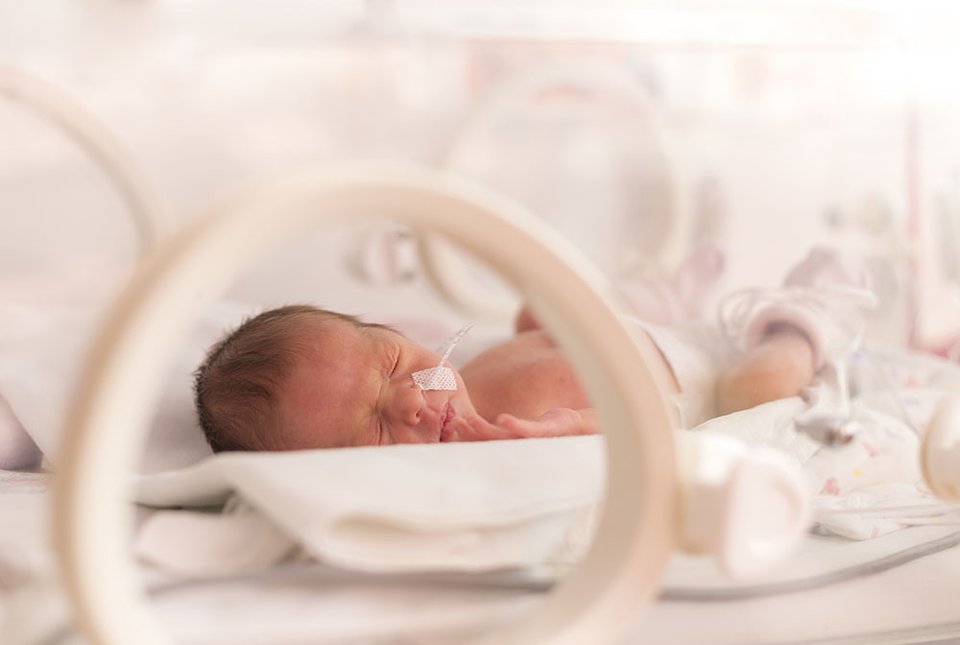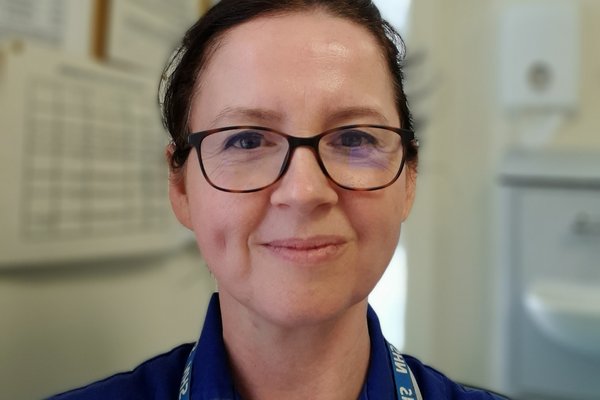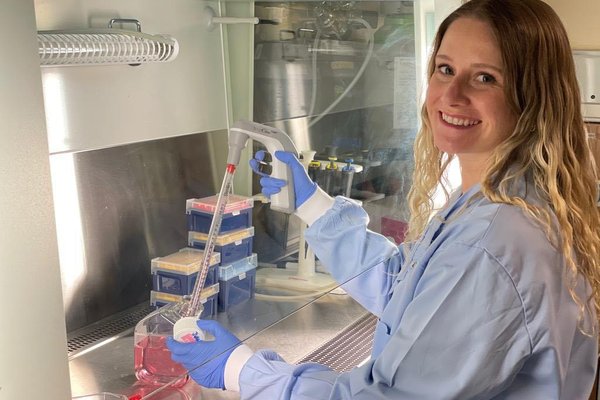
How do midwives and women use social media?
Premature birth is when you give birth early - before you’re 37 weeks pregnant. It is also called preterm birth or premature labour. Some people have a higher chance of an early birth. Support is available if your baby’s born early.

Premature birth, or preterm birth, is when a baby is born before 37 weeks.
You might have a premature birth because you’ve gone into labour early. A premature birth may also be planned. This is to protect you and your baby from complications. There are many reasons why a premature birth may be planned. They include pre-eclampsia, diabetes and your baby being small.
You will be checked in early pregnancy for anything that might put you at a higher chance of giving birth early. These are called risk factors.
If you have certain risk factors you will have specialist care. The extra care you get depends on the risk factors. It may include:
Once your baby is born they might need to spend some time in a special part of the hospital. This is called a neonatal unit.
Giving birth early can feel scary. It’s natural to feel overwhelmed but there are places you can go to for support.
About 8 out of 100 babies born in the UK are premature.
We do not know all the reasons for premature birth. But there are lots of different risk factors.
If you smoke, the best thing you can do for you and your baby is to quit. Smoking is a big risk factor for preterm birth. Stopping before or in early pregnancy cuts the risk of premature birth by nearly a third.
Other things that will help reduce your risk are staying healthy in pregnancy, taking folic acid and going to all of your appointments.
There are some things you may not be able to control, though. For example, if you have a weakened cervix (neck of the womb) you have a higher chance of a preterm birth.
Preterm birth is also more common in multiple pregnancies (twins and triplets).
You may be more likely to have a preterm birth if you have had a baby early before, or have lost a baby in pregnancy. Your healthcare team will keep a close check on you to reduce the risk.
Complications in pregnancy can also mean your baby needs to be born early. A premature birth may need to be planned if you have:
You may be offered treatment to stop you going into early labour if, in a previous pregnancy:
Treatment may also be offered if your cervix has been injured. This may be due to surgery.
There are two treatments:
Your midwife or doctor will explain the treatments to you as well as the risks and benefits.
Call your midwife or maternity unit if you have any of these symptoms and are less than 37 weeks’ pregnant:
Twins and triplets are often born early. If you’re expecting more than one baby and think your labour is starting, contact your hospital straight away.
The midwife or hospital will do some checks to find out if:
These checks may include:
Your midwife and doctor will also be able to give you any advice and support with your baby’s birth.
If you are in early labour you may need to be taken to a different hospital. This is so that your baby can be cared for in a neonatal unit after they’re born.
Doctors and nurses will put you in touch with support groups who can help you through this experience. Support is also available for when you go home with your baby.
You may be given medicine called tocolytics. These can delay giving birth by reducing your contractions.
If you have an infection this will be treated with antibiotics.
You may also be given medicine that can help your baby. They include steroids, antibiotics and a drug called magnesium sulphate. These may help stop your baby getting ill.
Your doctor will talk to you if they think you should have any treatment.
Your preterm birth might be planned because it’s safer for your baby to be born early. This could be because they’re not thriving, or have a condition that needs treatment.
Your labour might be started artificially. This can be done by giving you hormones or using a device to widen your cervix. Starting your labour like this is called an induced labour.
You could have a caesarean section instead. This is often called a c-section. For a planned caesarean, you’ll be cared for by an obstetrician. This is a pregnancy specialist.
Depending on how early you are giving birth you may also be given medicine that can help your baby. Medicines can include steroids, antibiotics and a drug called magnesium sulphate. These may help stop your baby getting ill.
Babies born before 37 weeks are more likely to have some health issues. But your baby will be cared for by a highly-skilled, specialist team. They may spend time in a neonatal unit to receive the care they need.
You may be worried about the long-term development of your baby. Many premature babies thrive although some may take a little longer to reach their milestones. There is support and information available from the charity Bliss.
It’s natural for a premature birth to take its toll on your emotional health. You’ll be worried about your baby and still recovering from the birth.
It’s important to take care of yourself. Some hospitals have a family support team who you can turn to for practical help and support.
The charity Tommy’s has some tips for coping with a premature birth. There is also advice from other parents of premature babies.
Bliss is a charity for babies born premature. It offers a range of free support services for families.
You can find out more about preterm birth on the NHS website.
As a women’s health charity, part of what we do is fund research to save and change the lives of women, girls and babies.







A miscarriage is a pregnancy loss before 24 weeks of pregnancy.

It’s common to have mental health problems during or after pregnancy. Your midwife or doctor is there to support you. There are also ways to look after your own wellbeing.

An ectopic pregnancy is when a fertilised egg implants itself outside the womb. Sadly, it is not possible to save an ectopic pregnancy. If left untreated an ectopic pregnancy can be life threatening.